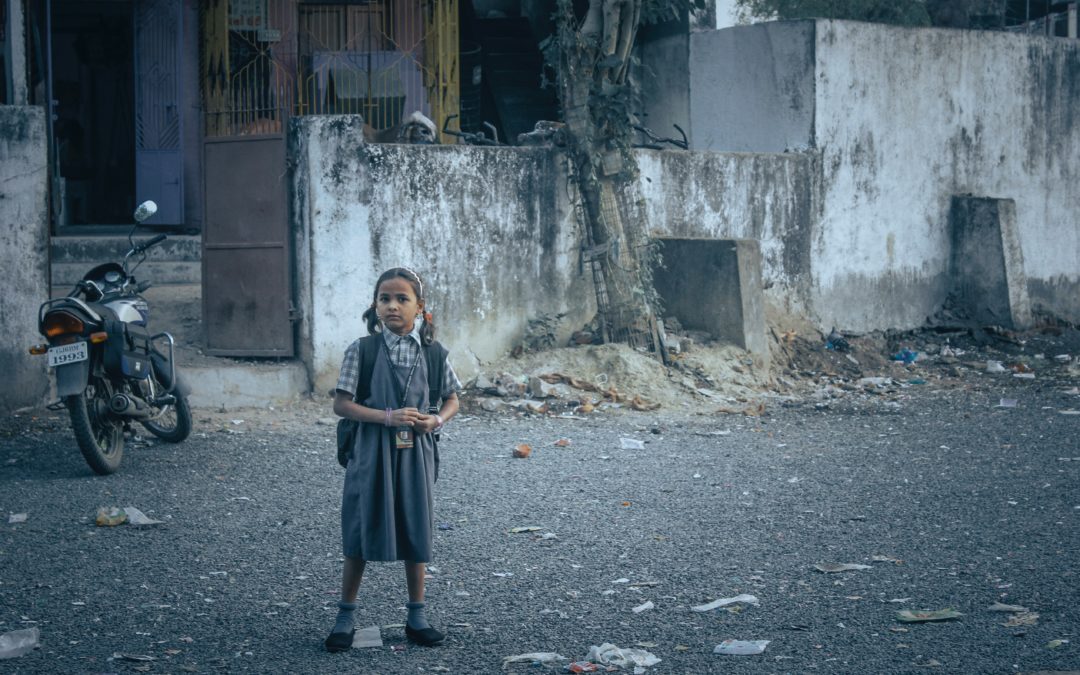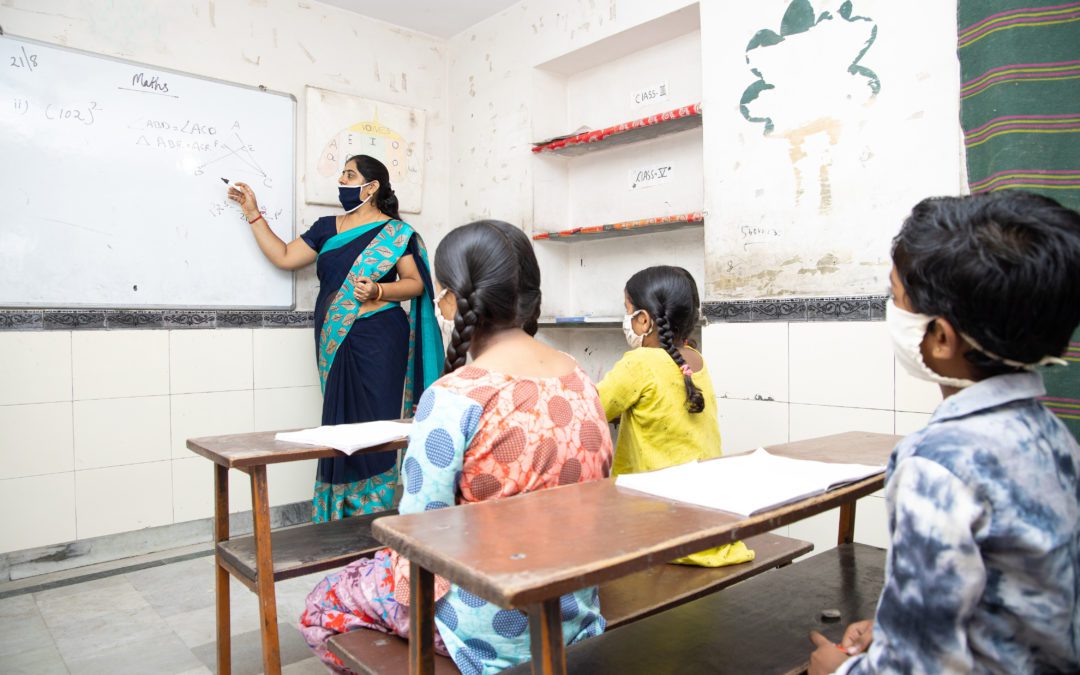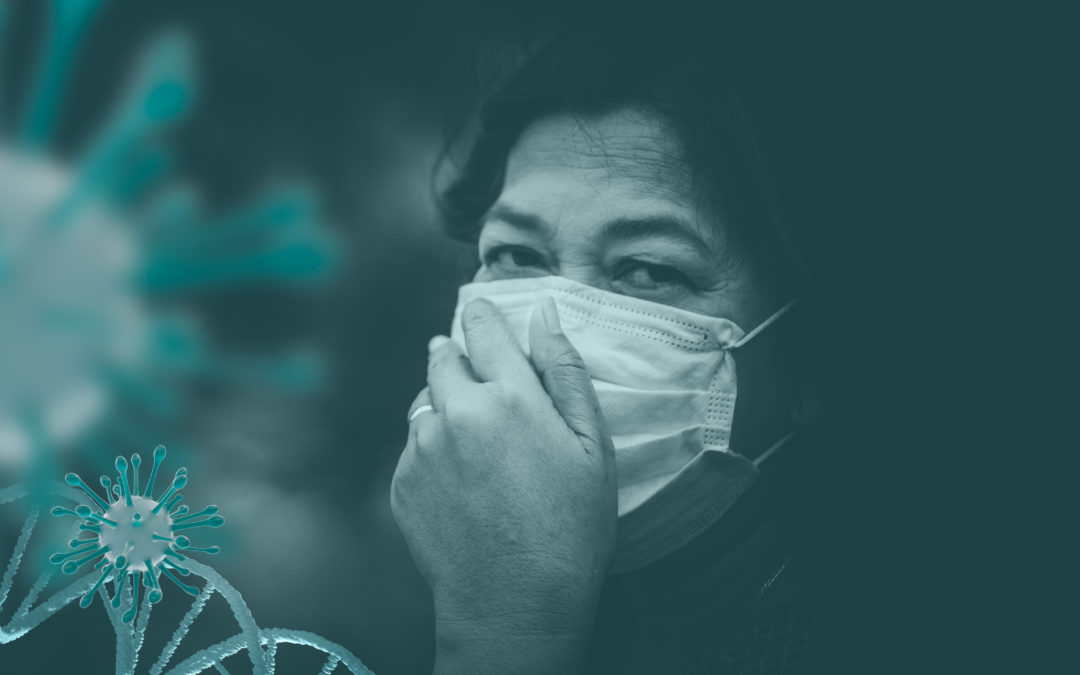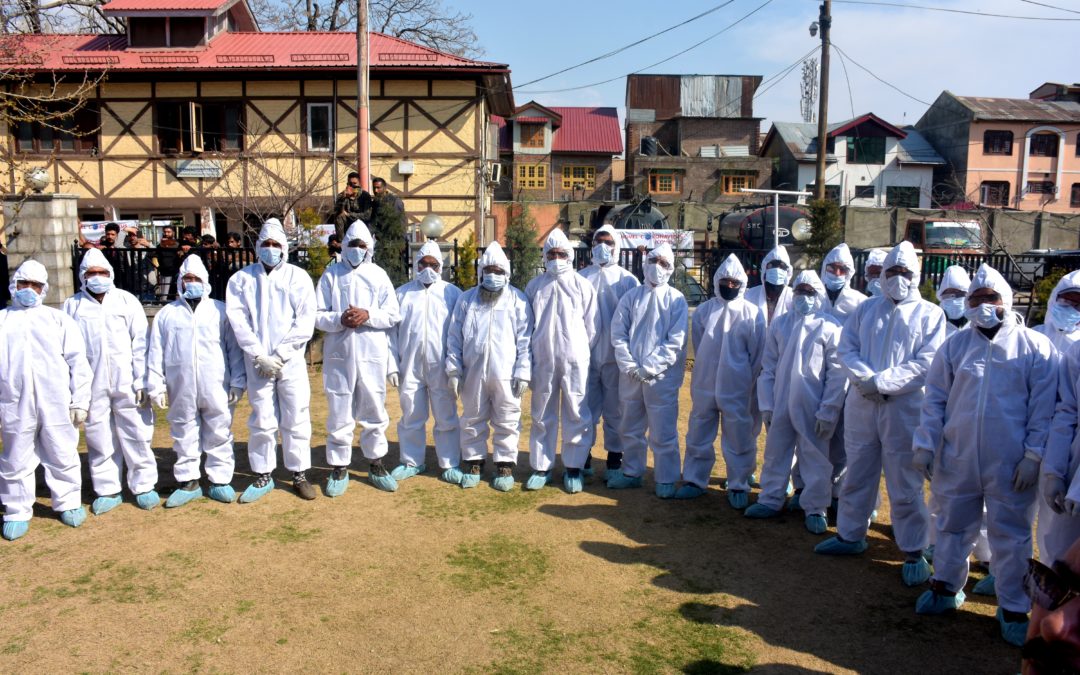Harvard Worldwide Week Preview: Dinyar Patel on “India at 75: The Global Roots of Independence”
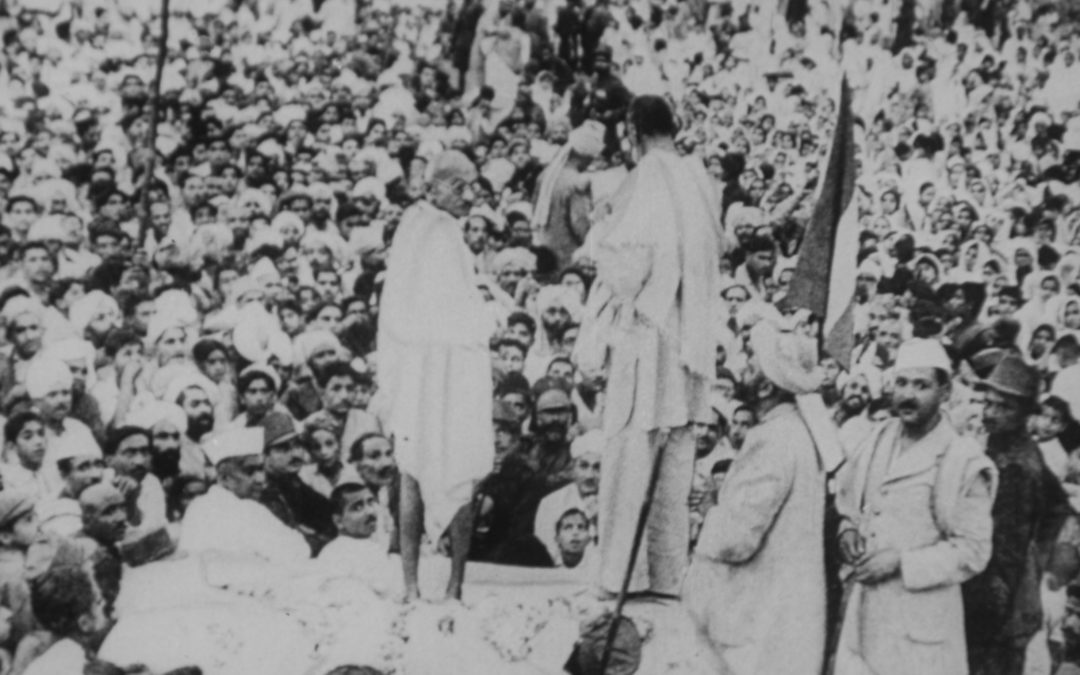
Join us on Wednesday, October 6 at 8:00am EST for “India at 75: The Global Roots of Independence,” moderated by Dinyar Patel, Mittal Institute Research Affiliate and Assistant Professor of History at the S.P. Jain Institute of Management and Research (SPJIMR) in Mumbai. He will join a conversation on “India at 75: The Global Roots of Independence” with panelists Nico Slate, Professor and Department Head, Department of History, Carnegie Mellon University and Carolien Stolte, Senior Lecturer in History at Leiden University, The Netherlands. The Mittal Institute sat down with Dinyar to discuss the event and his new paper, which he will share at the talk.

